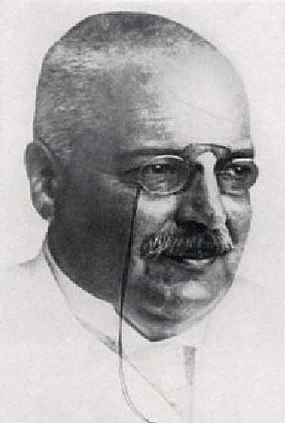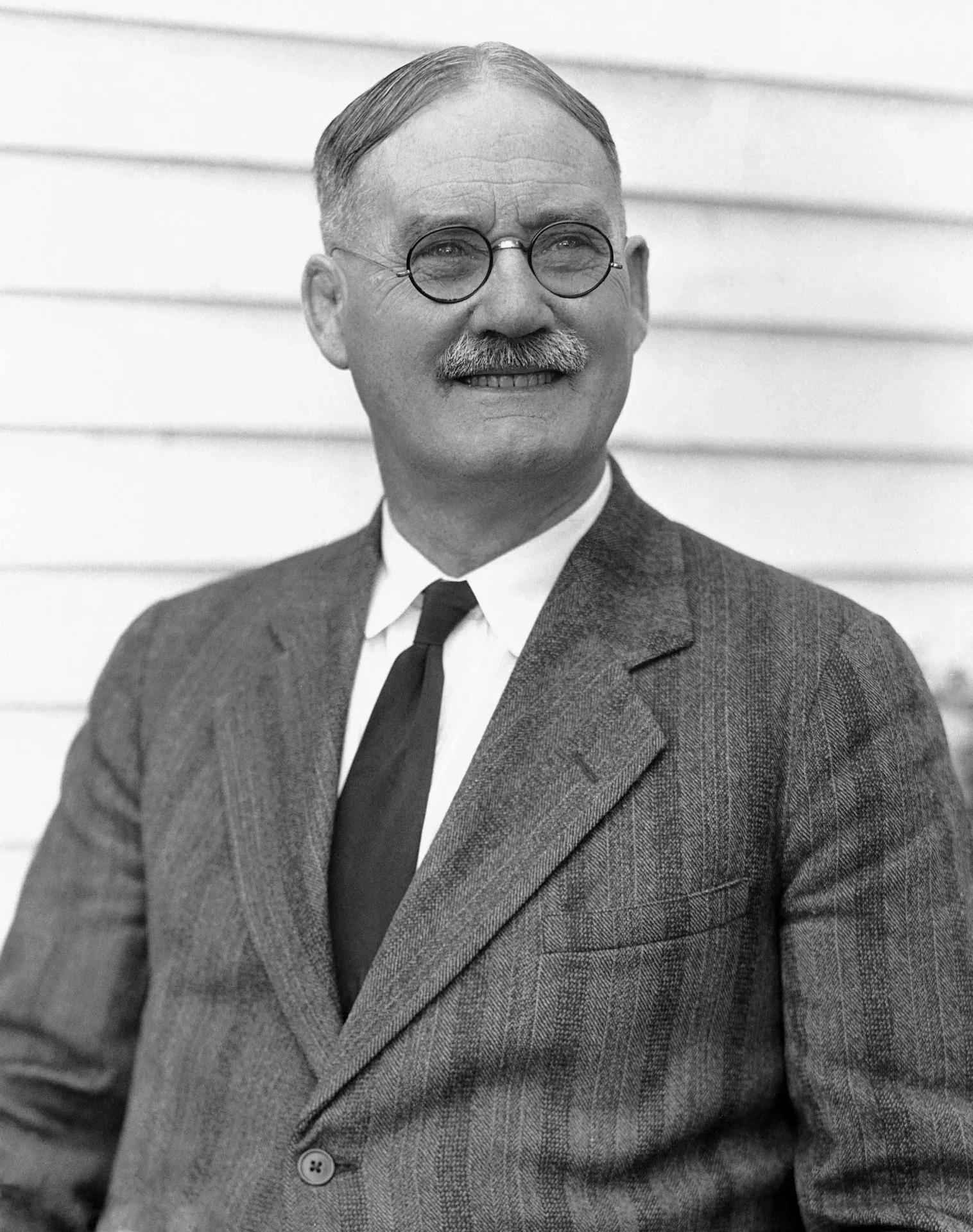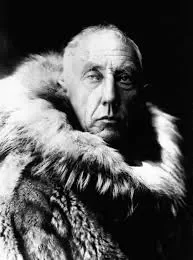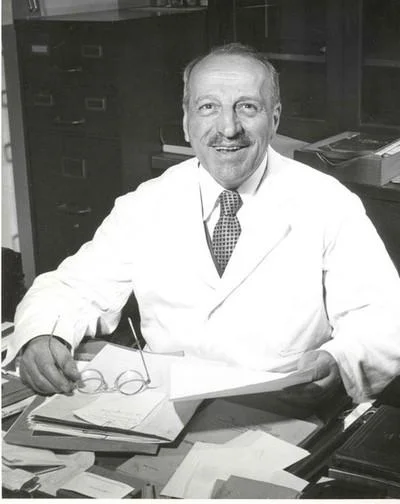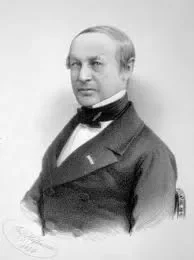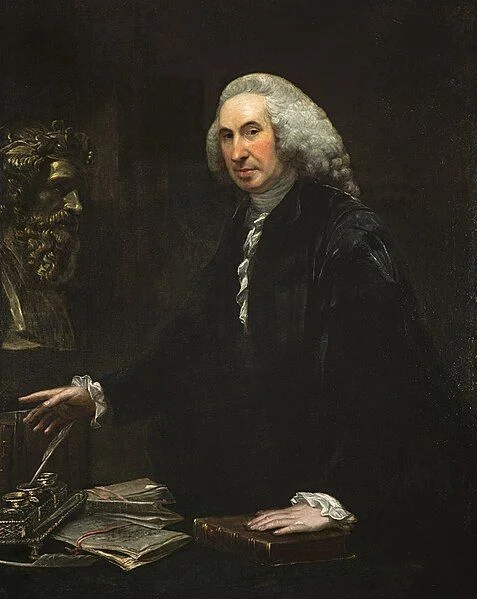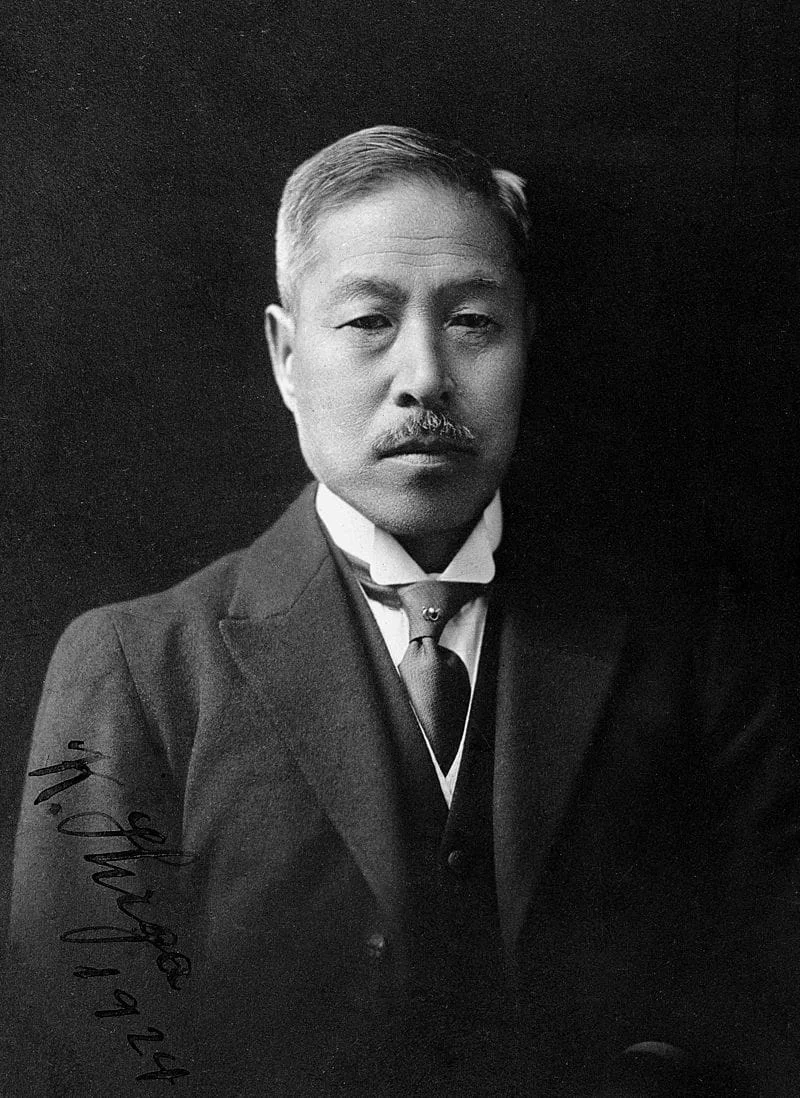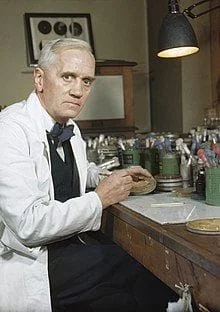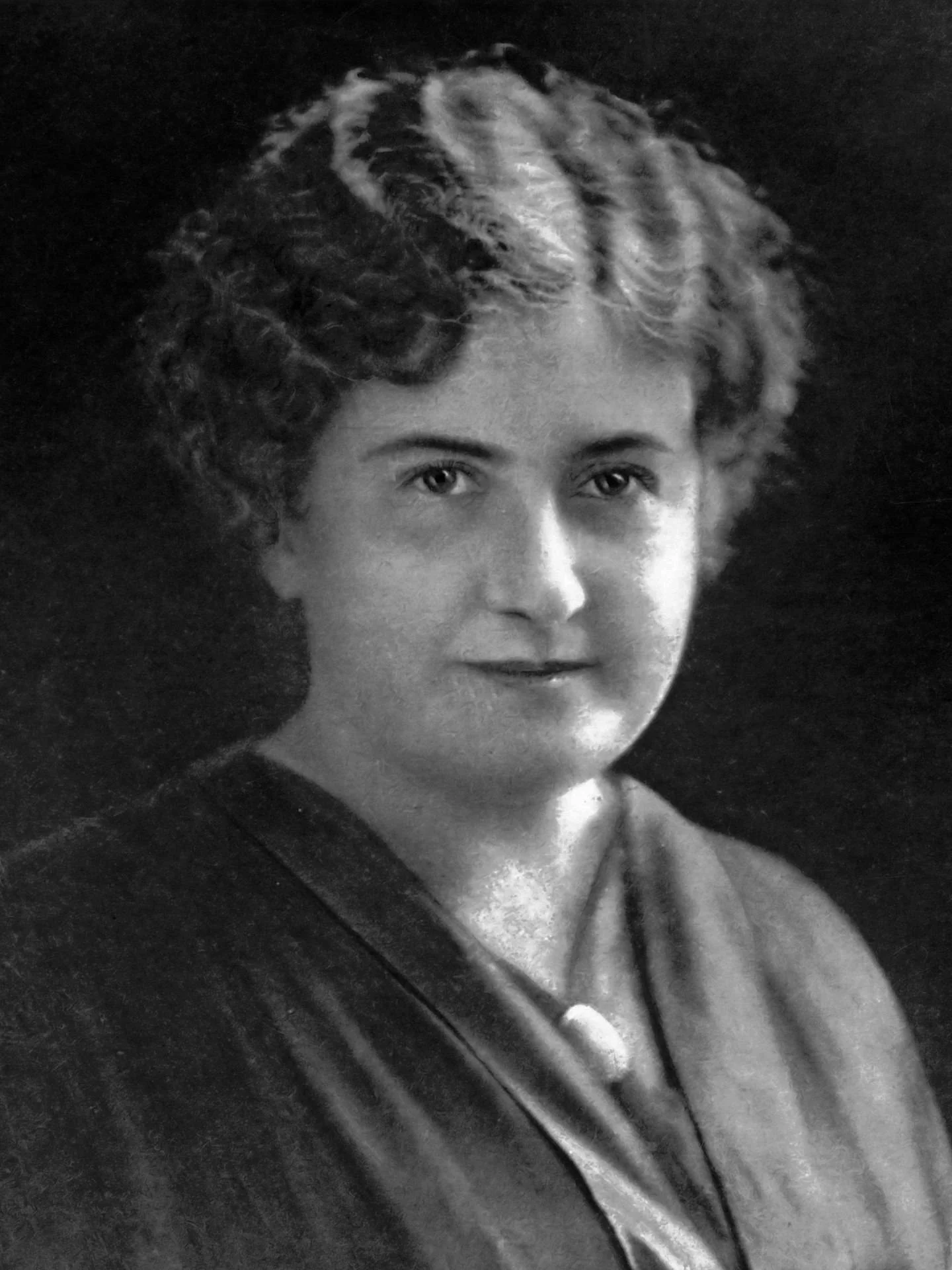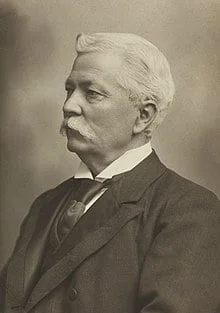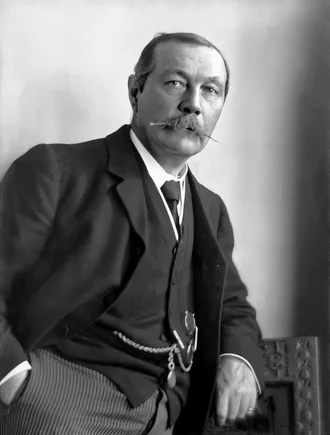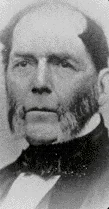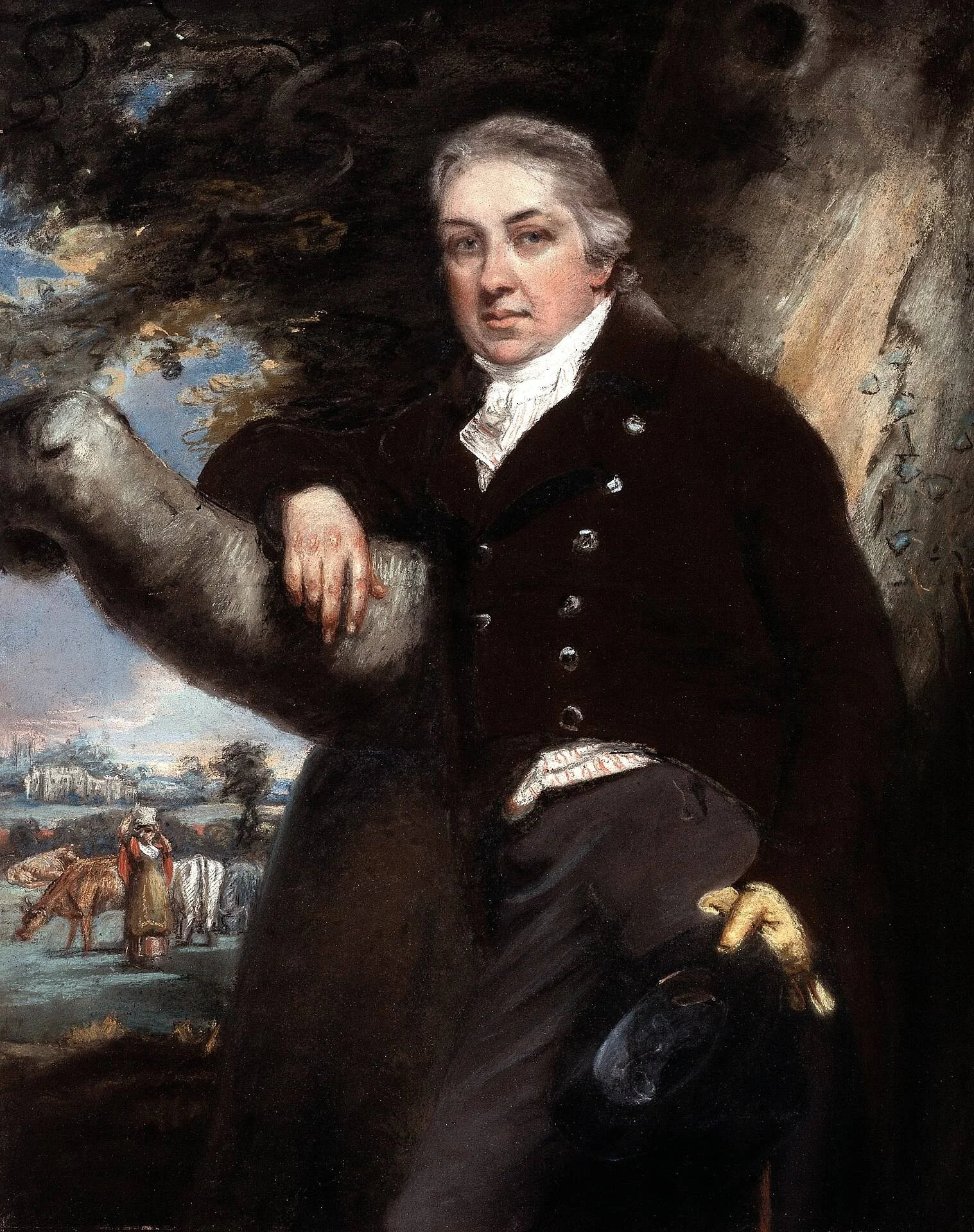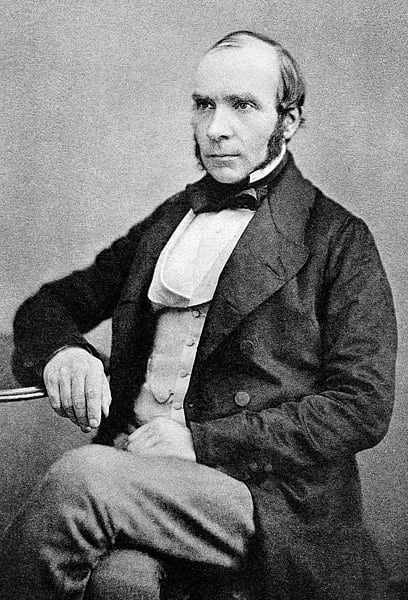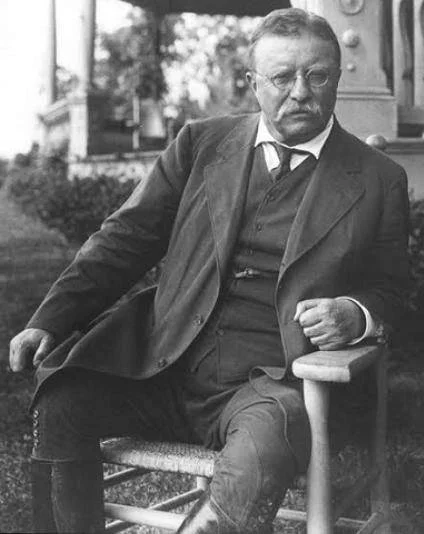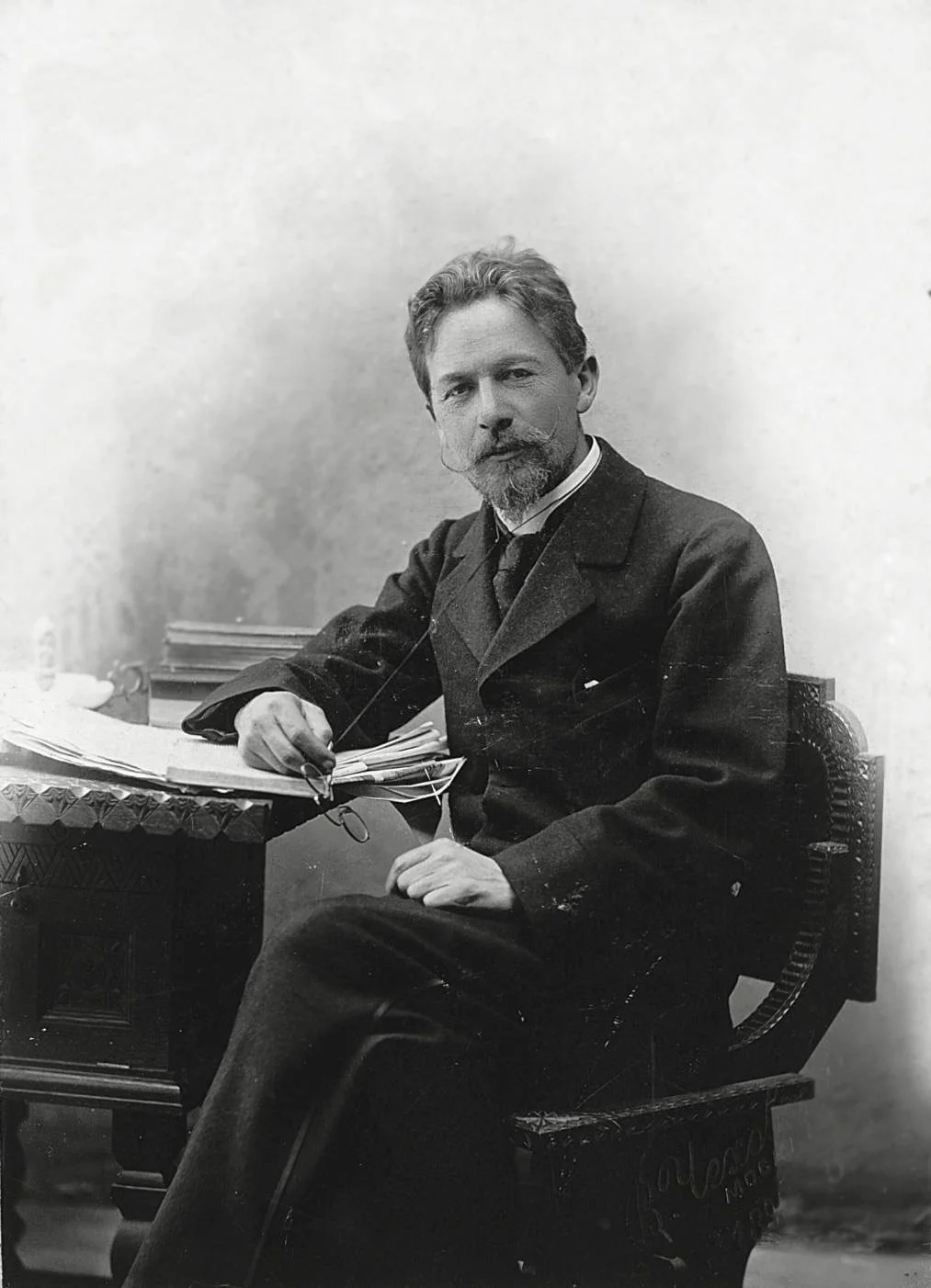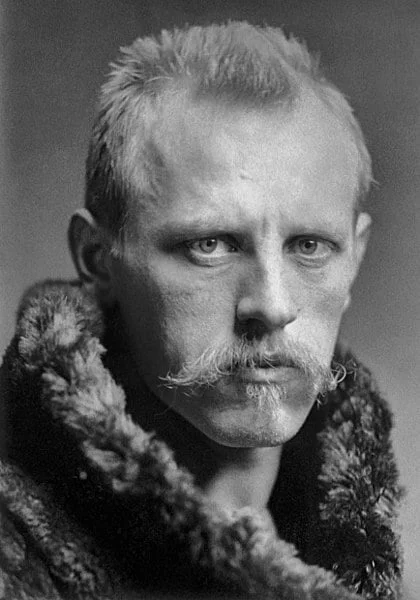Real Celebrities Never Die!
OR
Search For Past Celebrities Whose Birthday You Share
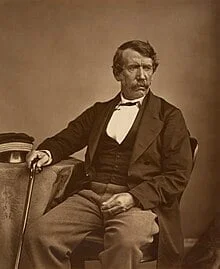
source:encrypted-tbn0.gstatic.com
David Livingstone
Birthday:
19 Mar, 1813
Date of Death:
01 May, 1873
Cause of death:
Malaria
Nationality:
Scottish
Famous As:
Christian missionary
Age at the time of death:
60
David Livingstone's Quote's
Early Life and Background
David Livingstone was a prominent Scottish physician, Congregationalist, pioneer in Christian missionary with the London Missionary Society, and an explorer. He is well known for his expeditions and efforts to abolish slavery in Southern and Central Africa. His explorations covered a major part of Africa from the Cape of Good Hope to near the Equator.
Childhood and Education
David Livingstone was born on March 19, 1813, in Blantyre, Scotland, and was the second of seven siblings. He was born to Neil Livingstone and Agnes. His father worked as a teacher in Sunday school. Livingstone’s childhood was marked by working at the cotton mill from an early age along with his brother. His father was a devoted Christian and brought home many Christian booklets that he found during his travels. This greatly influenced the young David, nurturing his love for reading and also nature. He developed an interest in science and nature which persisted into adulthood. His passion expanded after reading “Philosophy of a Future State” by Thomas Dick.
Spiritual and Missionary Journey
At the age of 15, his spiritual journey took another turn as he shifted from the church of Scotland to a local Congregational church. David Livingstone later developed a passion for missionary work when he read the works of Karl Gützlaff, calling for missionaries trained as medical doctors. Despite his busy job at the mill, he attended Blantyre village school balancing work and school. At the age of 21, his passion shifted toward becoming a missionary doctor, which led him to attend Anderson’s University in Glasgow in 1836 delving into chemistry, medicine, and theology.
Association with the London Missionary Society
Livingstone’s association with the London Missionary Society had a great impact on his missionary career. He applied to the missionary society in 1837 and went into training at Ongar in Essex under the guidance of Reverend Richard. The missionary society accepted his application in 1839, allowing him to continue his medicinal studies in London. He pursued clinical training at Charing Cross Hospital Medical School and was qualified as a Licentiate of the Faculty of Physicians and Surgeons in November 1840 marking a significant achievement in his medical career.
Exploration of Africa
Livingstone’s vision for Africa was multifaceted, his exploration of southern and central Africa was a commitment to humanitarian causes, geographical discovery, and the proliferation of the idea of Christianity. His belief was in opening up the continent for commerce and in eradicating the slave trade. In 1849, Livingstone and William Cotton Oswell ventured north of Kolobeng to Lake Ngami. He later received recognition from the Royal Geographical Society for his journey. He continued his exploration leading him to the discovery of the Zambezi River. In 1852, he received permission from Sekeletu, chief of the Kololo, to explore potential trade routes. After the expedition, he reached Luanda in 1854 and became the first European to witness Victoria Falls. His mission focused on his motto “Christianity, Commerce, and Civilization” for the continent of Africa so there could be an end to the ongoing slave trade. However, his beliefs faced challenges, including the reluctance of the London Missionary Society to support his objectives.
Return to Britain and Further Exploration
In 1856, he returned to Britain and gained public support and financial backing through his writings and lectures. However, his Zambezi exploration faced setbacks like challenges and unfavorable press, leading to a struggle to secure further exploration. Livingstone was determined and embarked on a mission to discover the source of the Nile River. His journey was faced with hardships like thefts, desertions, and ill health. His exploration led to various geographical discoveries of lakes and rivers that contributed to Western Knowledge. After his exploration, he earned a gold medal from the Royal Geographical Society highlighting his contributions to geographical exploration.
Death and Legacy
David Livingstone passed away on 1 May 1873 at the age of 60 in Chief Chitambo’s village, present-day Zambia, from malaria and internal bleeding. His body was sent to Britain and was buried with honors at Westminster Abbey in London. His death marked the end of an incredible career dedicated to exploring Africa and promoting commerce and Christianity. David Livingstone remains a significant figure in the history of exploration and missionary work.
Name:
David Livingstone
Popular Name:
David Livingstone
Gender:
Male
Cause of Death:
Malaria
Spouse:
Place of Birth:
Blantyre, South Lanarkshire, Scotland
Place of Death:
Chief Chitambo's Village, Kingdom of Kazembe (today Northern Province, Zambia)
Occupation / Profession:
Personality Type
Adventurer: Flexible and charming artists, always ready to explore and experience something new.. He was adventurous and was also courageous to explore the less known areas of Africa.
David Livingstone worked in a cotton mill factory.
He became the first European to see Victoria Falls.
He was almost killed in a lion attack when he went for lion hunting.
He encountered and named Victoria Falls.
He was the first European to reach Lake Ngami.
He was the first to reach Luanda from the interior.

